Although people may say "Live each day as if it's your last," they never say "Enjoy your sanity as if you might go mad."
Death is binary, whereas mental health is a spectrum. Everyone is a bit crazy, just some people cross a threshold where they can no longer function in society.
When that person is close to you, there's a responsibility to help them: dropping them off at the health centre, tidying up their mess, visiting them in hospital. For a photographer, helping can also mean documentation—alerting the world to societal dysfunction and encouraging empathy.
Louis Quail's Big Brother (2018) is an extraordinarily handsome photobook. As well as photographs, it is interleaved with facsimiles of handwritten lists, doctor's notes, and police reports. It documents the struggles of Quail's older sibling, Justin, and Justin's girlfriend, Jackie. Both suffer from schizophrenia and live in the community, supported by a system that prioritises control and efficiency over care.

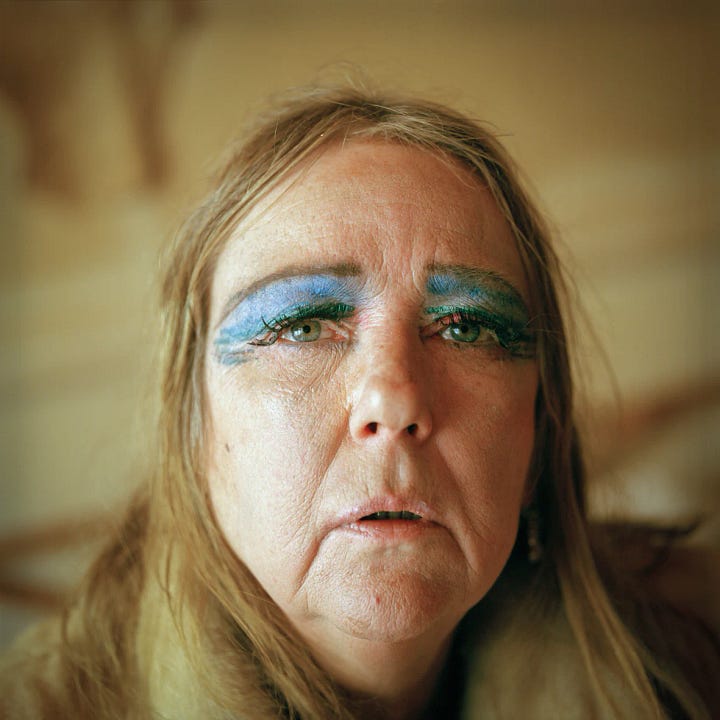
While the slogan 'defund the police' is controversial and not much taken seriously nowadays, the basic premise is sound: many ‘crimes’ are committed by people with complex needs who are ill-served by being imprisoned.
Quail describes a system where mental health budgets are threadbare. Leading, in the words of one police officer quoted in the book, to 80-90% of police time is spent dealing with the mentally ill.
Mental health policy seems to have reached a kind of dead end. We have neither the optimism of R. D. Laing who thought we could solve madness by fixing society, nor do we have huge Victorian asylums to lock up the awkward. Instead, we have a panoply of drugs to quell mood swings, leaving people in a functional stupor.
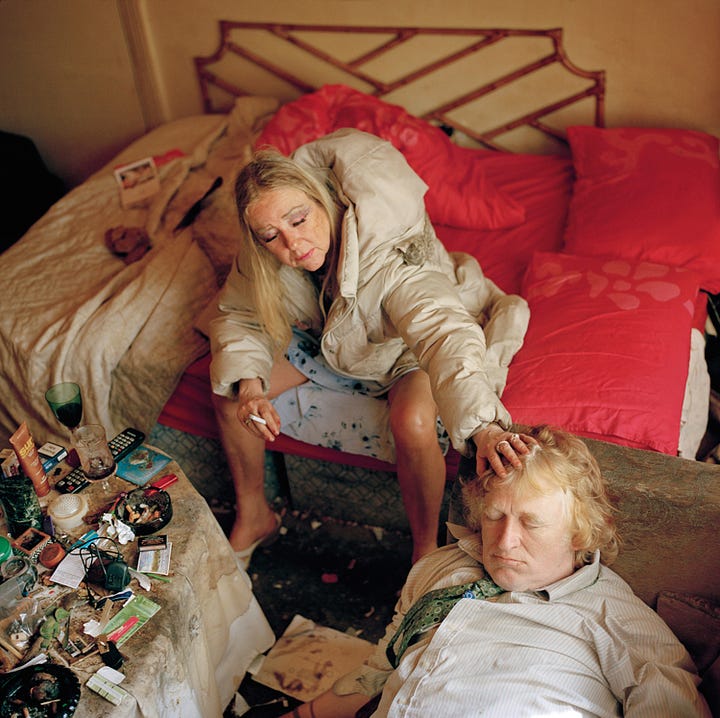
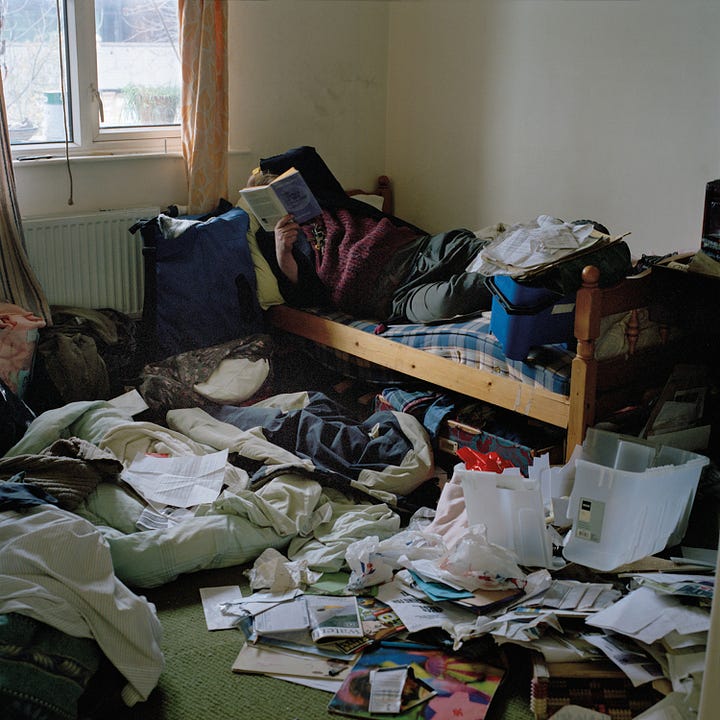
Amidst the chaos of Jackie and Justin’s life, there is love, loyalty, and a deep curiosity for the world. This is particularly true with Justin’s birdwatching obsession, one of the few things to anchor him to reality.
The photographs are dignified but intimate. They never stray into voyeurism or exploitation. They may make a political point but this never gets in the way of telling Justin’s story. In style, they are typical of modern documentary photography that seeks truthful clarity rather than artful opacity.
I highly recommend Big Brother for all fans of thoughtful, challenging documentary photography.
Thanks for reading The Crop. Check out my weekly photojournal:
The photographs in this article are used for criticism and review under the Fair Dealing provision of UK Copyright Law. All rights to the image remain with the photographer/copyright holder. This use does not claim any rights to the original work and is not for commercial purposes.





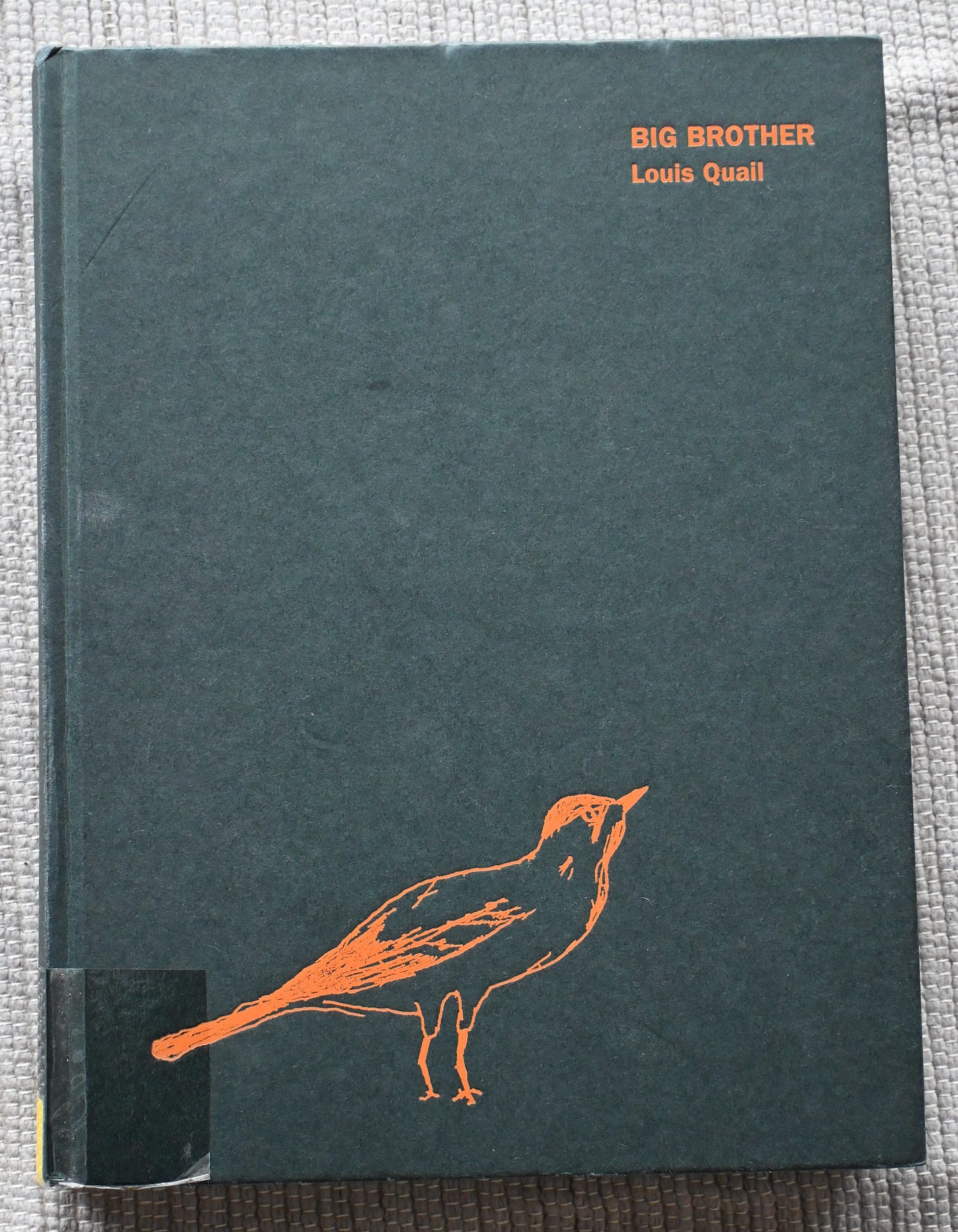
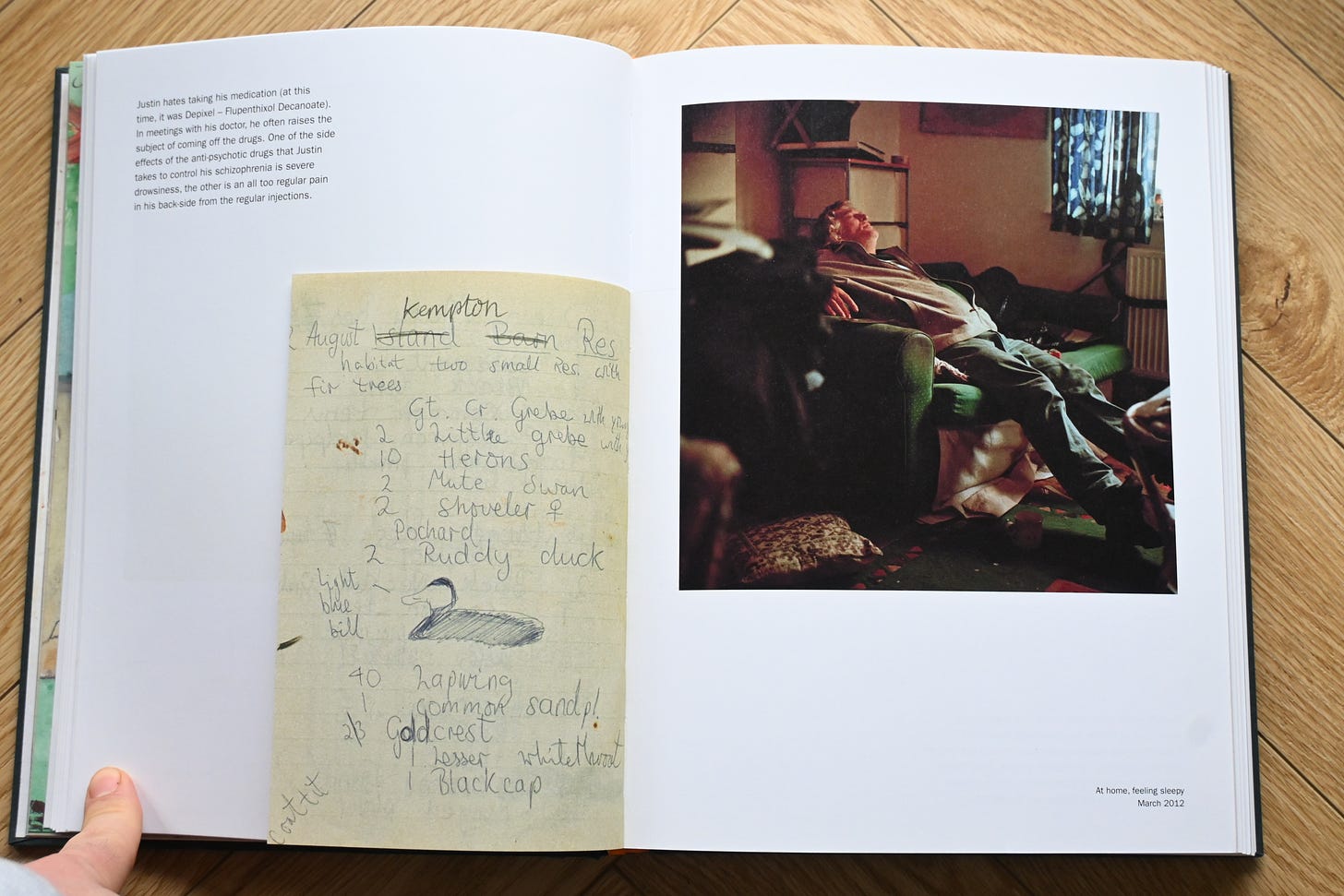
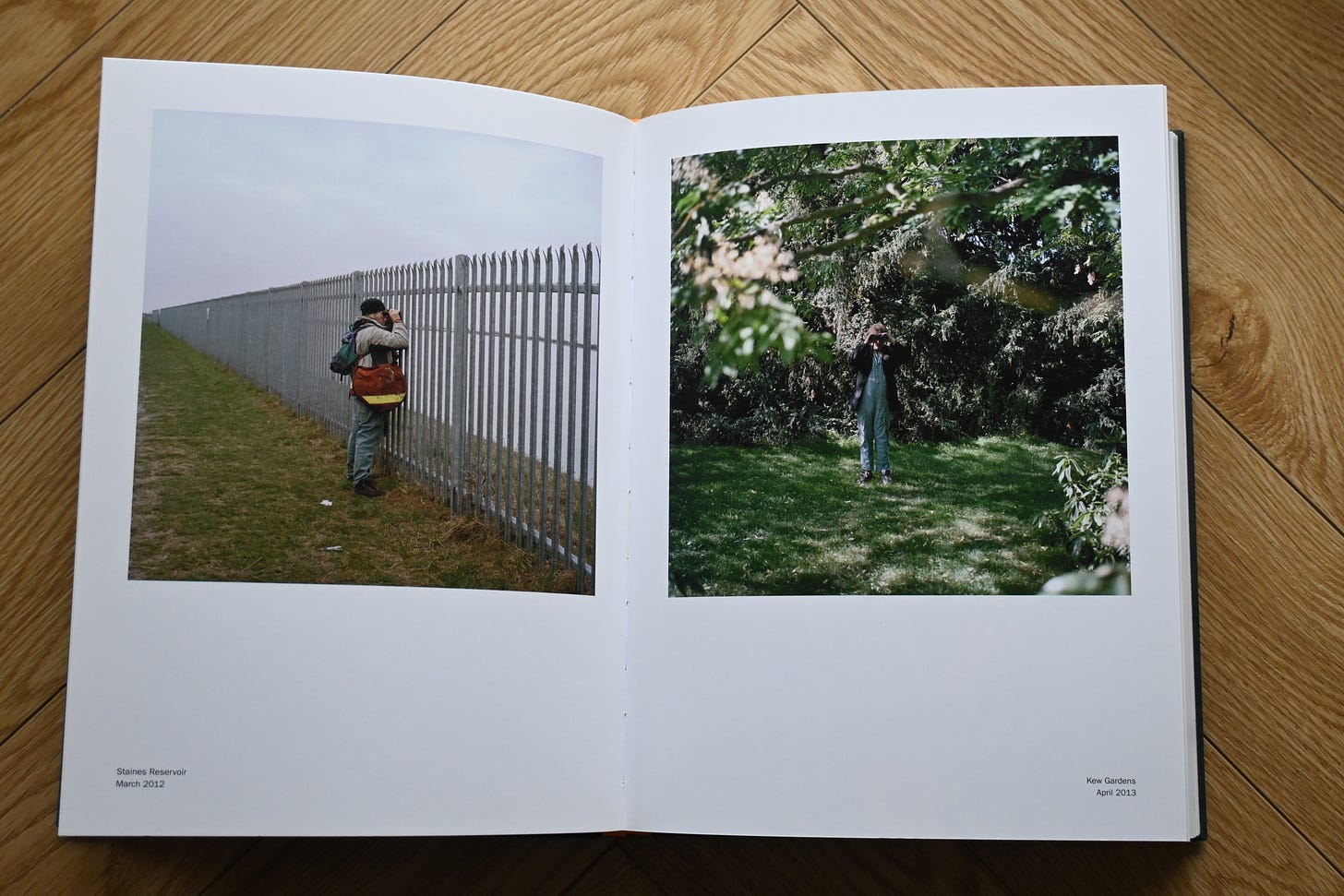

A moving post, thank you. Your opening comments about death notwithstanding, something about this series reminds me of The Final Project by Joe Spence, where she documented her experience of terminal cancer. In case you haven't come across it, I reviewed it very briefly years ago: https://www.wallpaper.com/art/jo-spence-moving-last-hurrah-at-richard-saltoun
I'd never heard of this book. Thanks for the introduction.